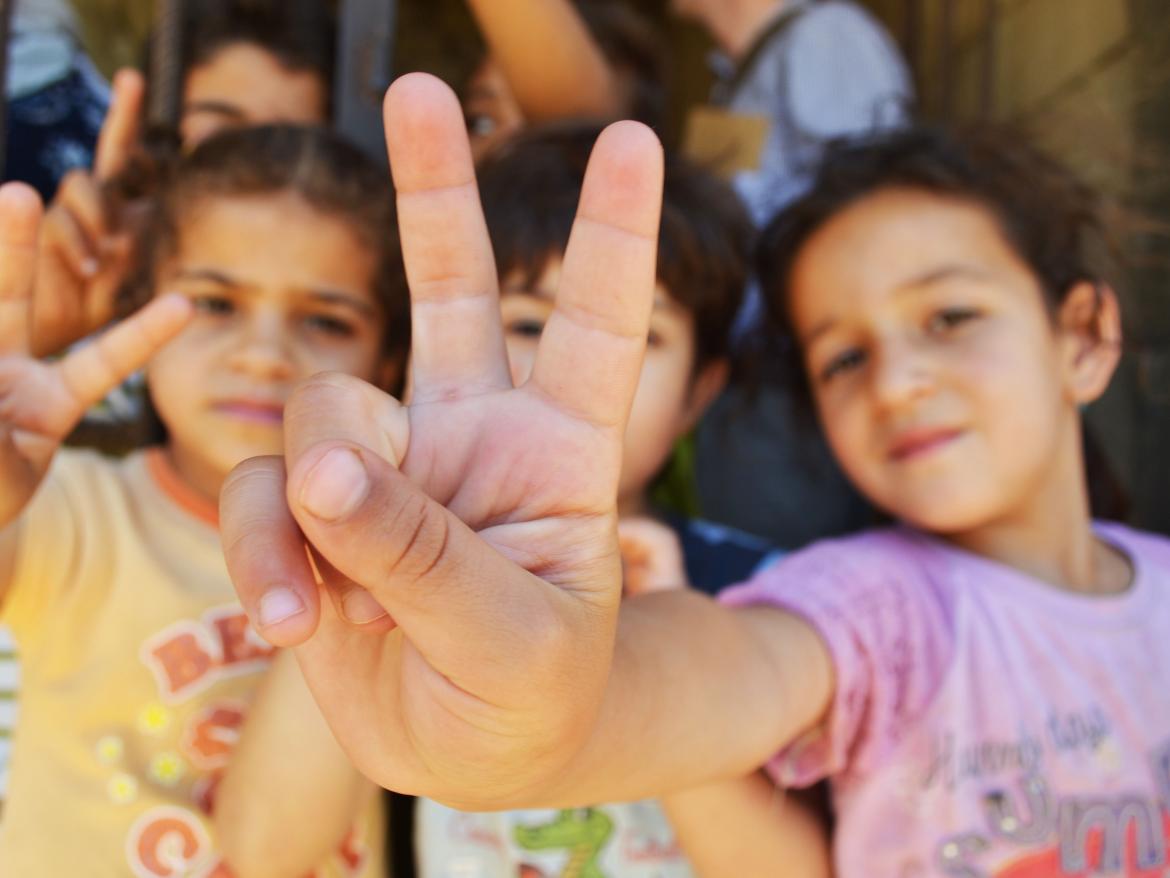At the World Humanitarian Summit, world leaders made commitments that endorse the tenets of peacebuilding policy.
In an unfortunate twist of fate, the World Humanitarian Summit collectively determined its first core commitment to stop widespread suffering was “Political Leadership.” The Summit, which had been rescheduled due to a conflicting G-7 meeting last week, was ultimately attended by only one of the seven leaders. The New York Times Editorial Board characterized the G-7’s absence as further supporting the policy of “barricading their nations from the fallout of conflict” rather than “investing in peacekeeping and stability.” The only G-7 leader in attendance, Angela Merkel, has staunchly supportedGermany’s open-door refugee policy.
The goal of the World Humanitarian Summit was to generate commitments from states to reduce suffering and deliver better relief to people around the globe. The Summit took place as refugee crises spill across entire regions and as displacement levels soar past those following World War II. Currently there are over 60 million people displaced worldwide due to violent conflict, including nearly 20 million refugees. U.N. Secretary General Ban Ki-moon somberly stated, “We have reached a level of human suffering without parallel since the founding of the United Nations” 70 years ago.
The Summit’s attendees, coming from backgrounds in government, non-governmental organizations, civil society, and the private sector, gathered to discuss the magnitude of challenges creating the widespread suffering facing the world today. Participants made clear that humanitarian assistance alone can “neither adequately address nor sustainably reduce the needs of over 130 million of the world’s most vulnerable people.”
Instead, the five core commitments that came out of the Summit endorsed the tenets of peacebuilding policy. In order to truly alleviate the widespread suffering across the globe, the Summit advocated for a new approach “based on addressing root causes, increasing political diplomacy for prevention and conflict resolution, and bringing humanitarian, development, and peacebuilding efforts together.”
Preventing and resolving conflicts would be the biggest difference leaders could make to reduce overwhelming humanitarian needs
At the Summit, leaders recognized the centrality of political will to effectively prevent and end conflict, address root causes, reduce fragility, and strengthen good governance. The summary of the Summit’s findings concluded: “Preventing and resolving conflicts would be the biggest difference leaders could make to reduce overwhelming humanitarian needs.”
While President Obama did not attend the Summit, the U.S. must prioritize and amplify its peacebuilding efforts. The Summit recommended vastly increasing investment in conflict prevention and resolution; collecting, analyzing, sharing, and acting on early warning information; and reducing fragility by developing inclusive and peaceful societies.
Parallel recommendations currently exist in the bipartisan Genocide and Atrocities Prevention Act that is sitting before the Senate. Congress must flex its political will and act to amplify U.S. prevention efforts. The Summitpressed that “humanitarian action cannot be a substitute for political action.” Passing the Genocide and Atrocities Prevention Act is a critical step to ensure the U.S. government at the highest levels focuses on the early prevention of violent conflict.
Urge your Senators to support the Genocide and Atrocities Prevention Act today.

